While State Forest Minister Sudhir Mungantiwar wants to make Sanjay Gandhi National Park a tourist hub, three leopards and a lioness have died in the last two months due to inepxerienced vet
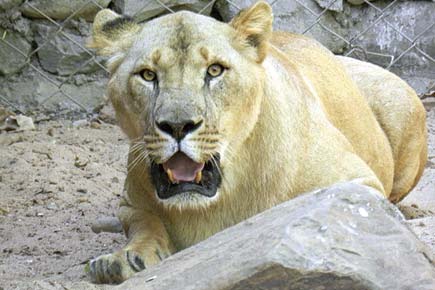
Sanjay Gandhi National Park, SGNP, Mumbai, State Forest Minister, Sudhir Mungantiwar, three leopards dead, lioness dead, lack of proper veterenarian
During a recent visit to the Sanjay Gandhi National Park (SGNP), while state Forest Minister Sudhir Mungantiwar had spoken of his vision to make it a tourist destination, there may be very few wild cats left to see.
ADVERTISEMENT
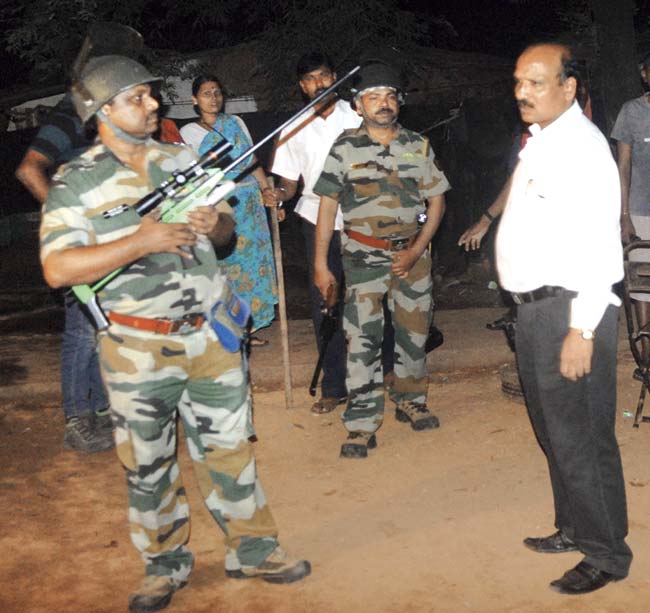
SGNP Veterinary Officer Dr Sanjiv Pinjarkar was earlier with the animal husbandry department, which deals with domestic animals
Three leopards and a lioness have died in the past two months, and another leopard and two tigresses have taken ill. According to an NGO, Myvets Charitable Trust & Research Centre, the veterinary doctor at the park, Dr Sanjiv Pinjarkar, is not qualified to treat wild animals.
Also Read: Come to Mumbai and visit Borivli national park: Forest Minister

White tigress Rebecca has not been eating properly for weeks
Mungantiwar spoke exclusively to mid-day and revealed some of his plans for the makeover of the park to attract more visitors, especially foreign tourists. However, its popular tiger and lion safari have been affected after the death of the animals.
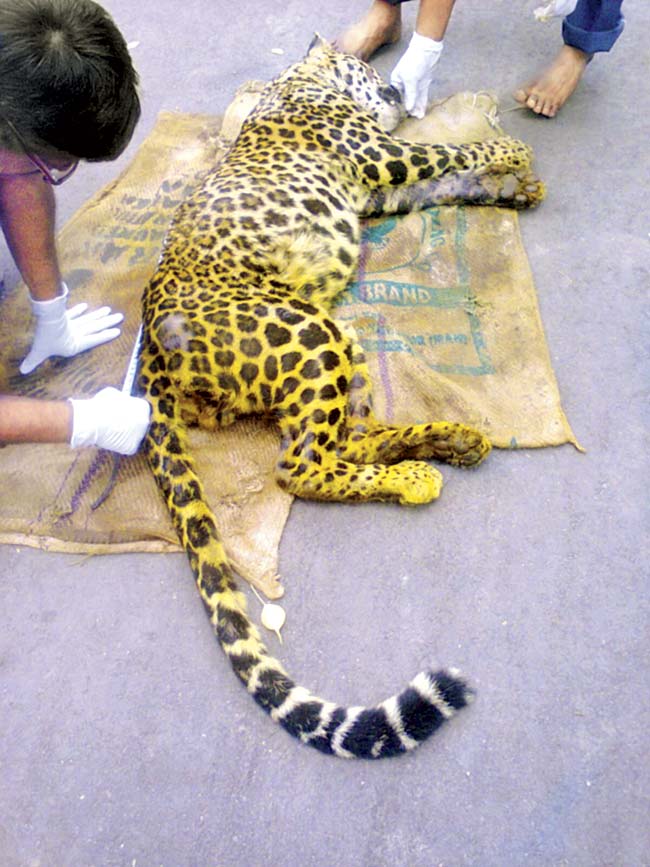
Three leopards and one lioness have died in SGNP in the past 2 months
Dr Madhurita Gupta, president of Myvets, said, “The present veterinary doctor at SGNP, Dr Pinjarkar, does not have the expertise to treat wild animals, as he was earlier associated with the animal husbandry department.

Three leopards and a lioness have died in SGNP, in the past two months. File pic
We have been demanding for a long time that that only those doctors with expertise in treating wild animals should be appointed at SGNP and Byculla zoo. It is easier for experienced doctors to understand the illness of animals and accordingly give proper medication.”
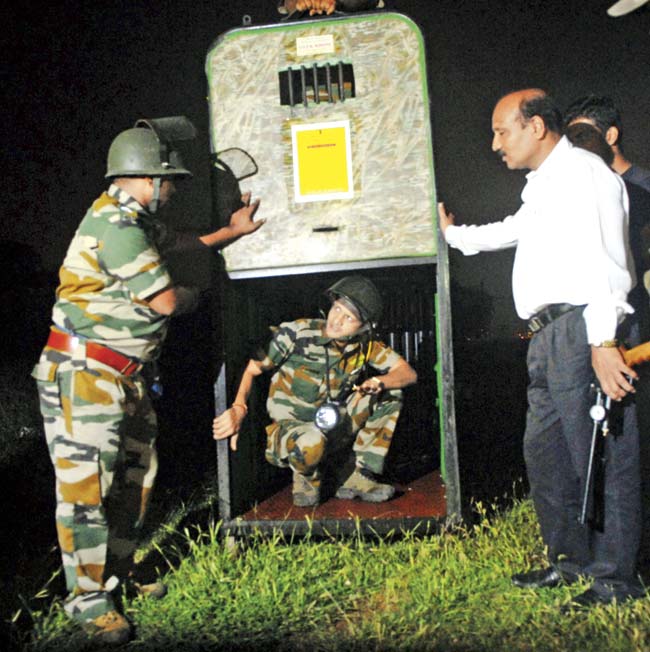
“The death of animals in SGNP is a matter of worry, but preliminarily it appears that the reason is old age. Our expert doctor has already visited the park and collected blood samples. We have sent the material for analysis. Only after getting the report will we be able to comment on the exact reason for the death,” Dr Gupta added.
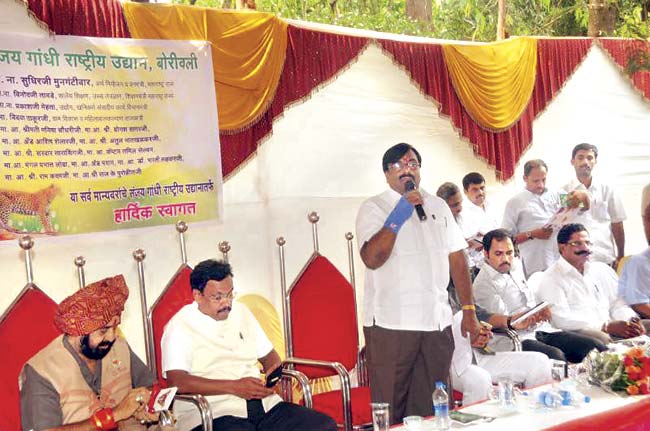
State forest minister Sudhir Mungantiwar speaking at SGNP on Sunday
While the officials claim that the animals, at present, have been kept on a lean diet so that they don’t become obese, sources said, “It is worrying that the animals are already eating very less. Poman, the leopardess, littered after 11 days and the two tigresses, Rebecca and Pooja, are also eating very less. The death of three leopards and one lioness is worrying us.”
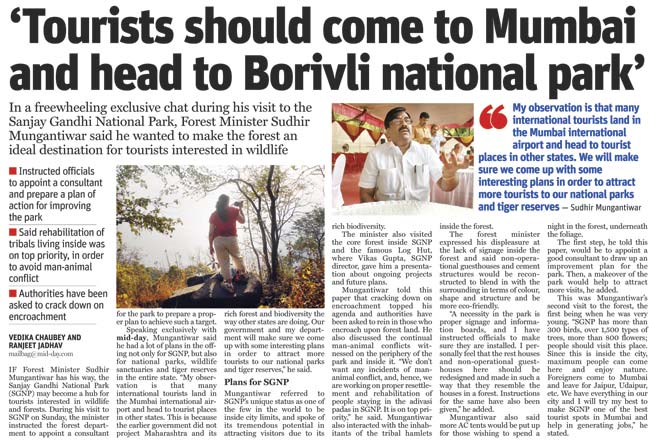
mid-day’s report yesterday on Mungantiwar’s plans for SGNP
Sources explained that Pooja, a Bengal tigress, is suffering from a skin problem on her tail, abdominal area and buttocks. Rebecca is a white tigress. “If they eat so less, they will become very weak,” added the source.
The blood samples of the ailing and deceased animals have been sent to the Indian Veterinary Research Institute (IVRI) at Bareilly, Uttar Pradesh. On November 1, the Central Zoo Authority (CZA) team visited the cages and enclosures inside park to survey the conditions in which the animals were kept.
On the park’s request, the CZA has deputed Dr AK Sharma of IVRI and a vet from Wildlife Institute of India (WII) to come to SGNP and suggest preventive and curative measures for the matter. Sources from Bombay Veterinary College said, “After the death of lioness Shobha, a meeting had been convened to discuss the issue of animals dying in captivity at SGNP.
During this discussion, SGNP Director Vikas Gupta was also present. When the topic of appointing a private doctor was discussed, the team of veterinary doctors objected, saying that there was no need to appoint a private vet when the doctor at SGNP is already capable of looking after wild animals.
Doctors who have been visiting SGNP and are currently looking after the animals have a proper Bachelors Degree in Veterinary Sciences and Animal Husbandry.”
 Subscribe today by clicking the link and stay updated with the latest news!" Click here!
Subscribe today by clicking the link and stay updated with the latest news!" Click here!






